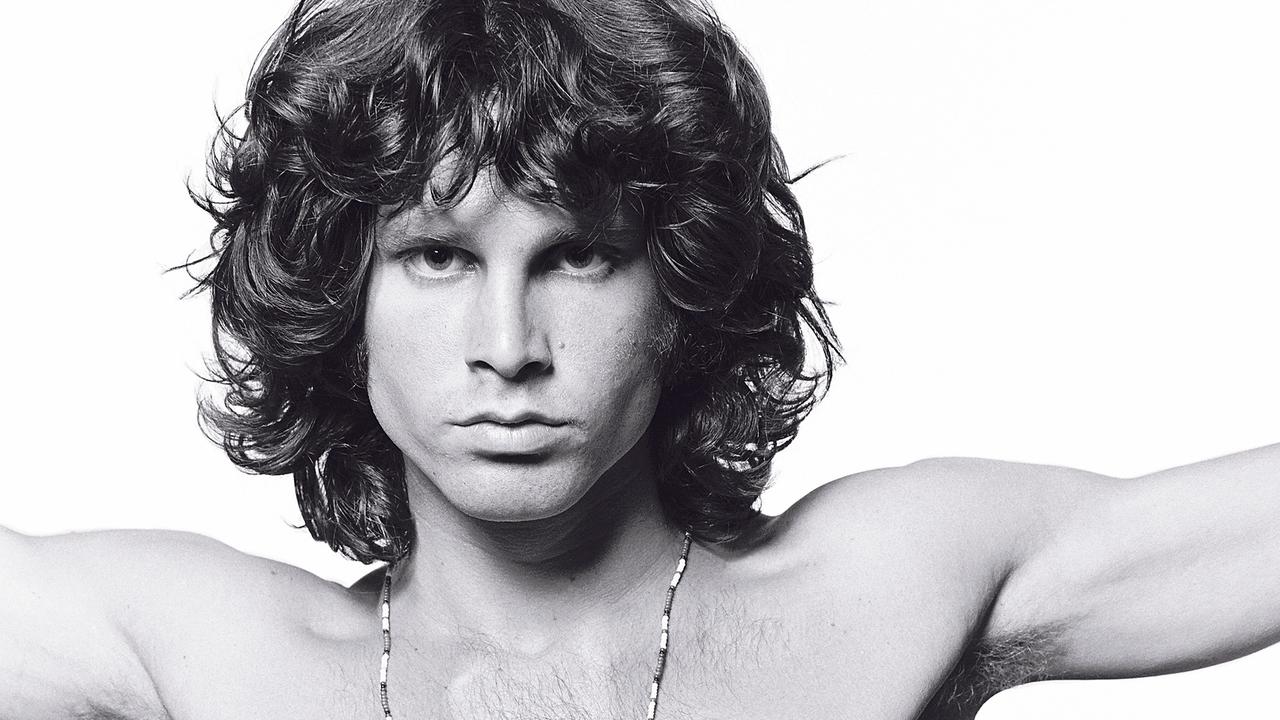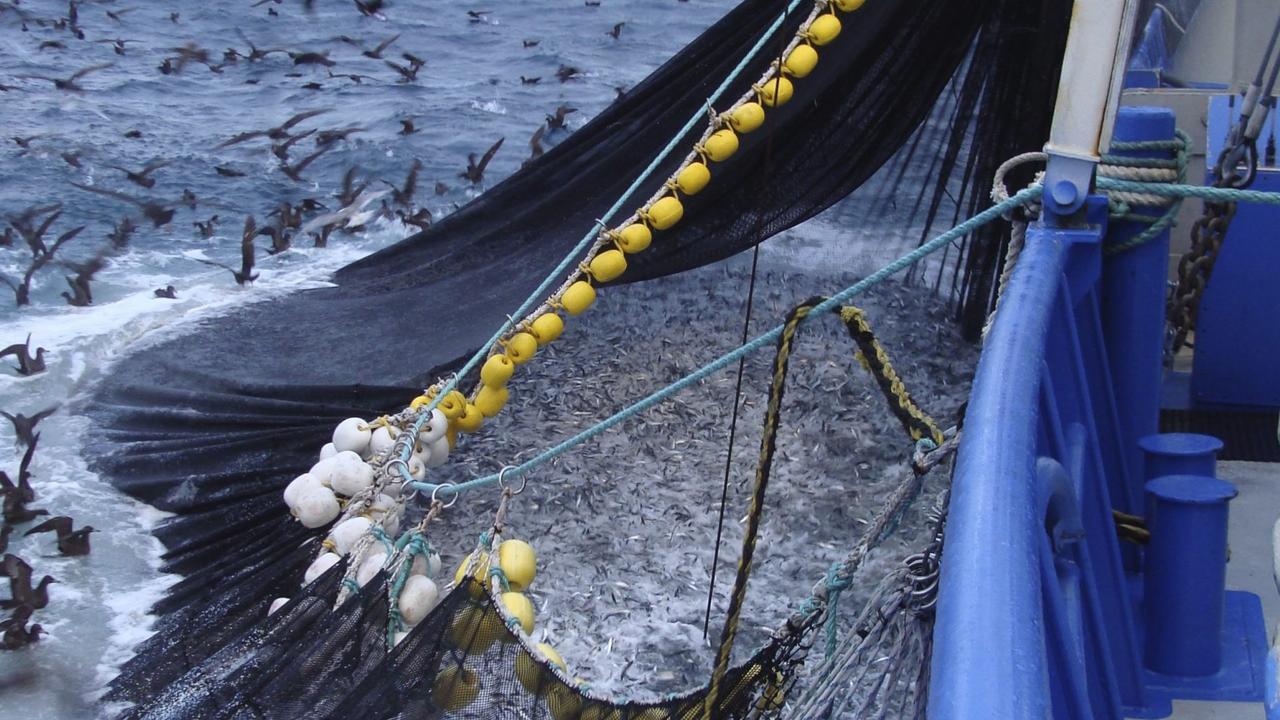Kathleen Folbigg walks free after nearly 20 years of agony
Kathleen Folbigg endured abuse, isolation and being labelled a baby-killer by the courts and the people she once called friends.
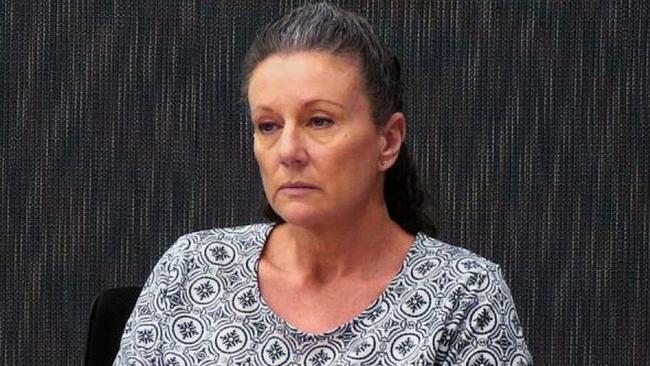
After nearly 20 years of abuse, isolation and severe bullying inside Australia’s most hostile prisons, and being labelled a baby-killer by the courts and the people she once called friends, Kathleen Folbigg has finally been set free.
But while her ex-husband Craig Folbigg maintains she murdered her four infants and industry experts call for urgent overhauls to Australia’s legal system, the question remains: what does Ms Folbigg do next?
The Australian understands she will stay on a farm on the mid-north coast with her best friend and most staunch advocate Tracy Chapman for the foreseeable future. There, she will stay in a granny flat on the back of Ms Chapman’s property, helping to tend to the farm and keep the animals.
Ms Folbigg, 55, was found guilty of the murder of Patrick, Laura and Sarah, and the manslaughter of Caleb in 2003. The Folbigg children died between the ages of 19 days and 18 months between 1989 and 1999.
But following three criminal trials, two judicial inquiries and two decades in prison – five years of which were spent in solitary confinement – she was finally freed on Monday morning.
Her release, around 11.15am, came after Tom Bathurst KC, who has been presiding over the second judicial inquiry into her criminal convictions, handed preliminary findings in a memorandum to NSW Attorney-General Michael Daley.
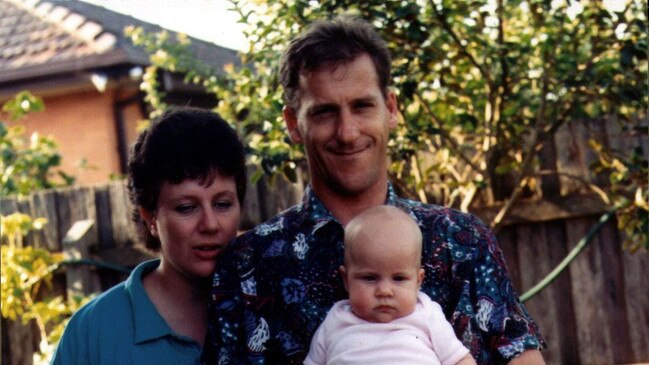
Mr Bathurst stated in the memorandum he had reached “a firm view that there was reasonable doubt as to the guilt of Ms Folbigg for each of the offences for which she was originally tried.”
Key points from Mr Bathurst’s memorandum to Mr Daley included:
• There is a reasonable possibility that three of the children died of natural causes.
• In the case of Sarah and Laura Folbigg, there is a reasonable possibility a genetic mutation known as CALM2-G114R occasioned their deaths.
• Mr Bathurst was “unable to accept … the proposition that Ms Folbigg was anything but a caring mother for her children.”
• In relation to the death of a fourth child, Mr Bathurst found that “the coincidence and tendency evidence which was central to the (2003) Crown case falls away.”
• In relation to Ms Folbigg‘s diary entries, evidence suggests they were the writings of a grieving and possibly depressed mother, blaming herself for the death of each child, as distinct from admissions that she murdered or otherwise harmed them.
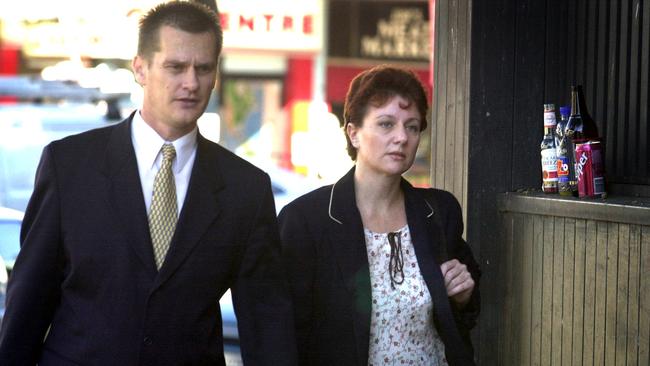
After he received Mr Bathurst’s findings, Mr Daley made a recommendation to Governor Margaret Beazley that Ms Folbigg be pardoned. Ms Beazley agreed.
Industry leaders have since called for urgent overhauls to the Australian legal system following the pardon of Kathleen Folbigg after 20 years as pressure mounts for lawmakers to ensure no other citizen undergoes such a “grave miscarriage of justice.”
Interrogation must also be given to the handling of Ms Folbigg‘s 2003 trial, they said.
Australia’s leading voice on wrongful convictions Bob Moles, most famously known for his role in overturning the murder conviction of Henry Keogh in 2014, told The Australian the millions of dollars spent on inquiries into Ms Folbigg’s convictions was money wasted, as there should have been a direct route for her to appeal.
“We really must have a proper inquiry into the trial and the appeal process,” Dr Moles, a law professor at Flinders University, said. “We must put in place a more effective appeal mechanism to deal with these types of cases.”
Countries like England and Wales have a Criminal Cases Review Commission, allowing matters such as this to be dealt with by a standing body and avoid the need for the creation of an ad hoc inquiry.
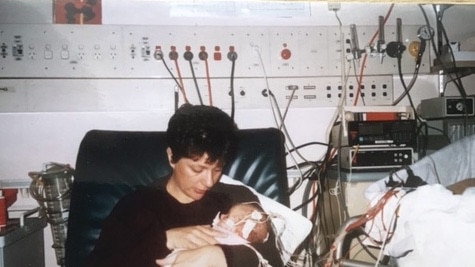
Dr Moles also rubbished suggestions from NSW Attorney-General Michael Daley that the reason Ms Folbigg had been liberated was because “new evidence has come to light”.
Instead, he said, Ms Folbigg was only convicted due to the testimony of a key expert witness misleading the jury by giving evidence outside the area of his expertise.
“The evidence given at trial by the forensic pathologist should not have been admitted,” he said.
“Dr Allan Cala gave evidence at trial in which he said the forensic pathology does not indicate a cause of death.
“As his expertise is only in forensic pathology, at that point he should have gone home.
“But then he went on to say, even though the forensic pathology does not indicate a cause, he had never come across a number of cases where babies in the same family had died.
“And therefore he surmised that the cause of that perhaps was smothering. But that’s inadmissable, it’s not part of his expertise.”
Meanwhile, University of Sydney law professor Arlie Loughlan said while the independent inquiry had cast doubt on Ms Folbigg’s convictions, more must be done to ease the appeals process.
“While an independent inquiry is exceptional … our legal system is meant to be able to deal with any issues concerning the validity of convictions via the appeal system,” she said.
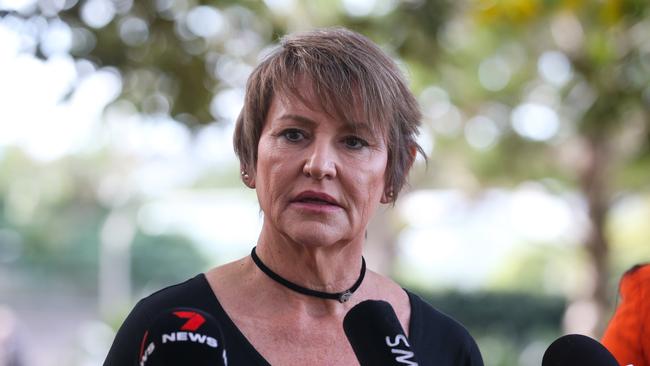
Ms Chapman, on Monday said she was grateful her friend’s innocence had “finally been proven.”
“I know the past 20 years have been horrific for Kathleen, not least for the pain and suffering she has had to endure following the loss of her four children. They were gorgeous children,” she said.
“Caleb even at 19 days old was a placid baby with intense eyes and long fingers of a future piano player.
“Patrick, despite all his medical issues with epilepsy and blindness, was focused on discovering the world around him through his hands.
“Sarah was cheeky, poking her tongue when you called her name, and found fun and joy in the simplest of things – playing with her toys and chasing her dad around.
“Laura was an empathetic and compassionate little kid.
“They are all missed every day.”
But Ms Folbigg’s ex-husband Craig Folbigg still “deeply believes she was responsible for the deaths of his children”, his lawyer said, even after Ms Folbigg was set free.
Lawyer Danny Eid, who spoke to Mr Folbigg shortly after it was announced Ms Folbigg had been pardoned for killing her children, told The Australian Mr Folbigg still maintained the position he had held for 20 years – that Ms Folbigg murdered the babies.
“A pardon is not an acquittal,” Mr Eid said. ”She has not been acquitted and her record remains the same.”
Throughout the inquiry, Mr Bathurst rejected Mr Folbigg’s evidence that Ms Folbigg was “ill-tempered with her children”, and said he could not use it as a basis to conclude Ms Folbigg had intentionally smothered her children.
Asked whether Ms Folbigg would be provided compensation in light of her pardon, Mr Daley said that question was “well ahead of the story.”
“Mr Bathurst will conclude his findings,” he said. “One of the options that would be open to him if he thought fit would be to refer to the Court of Criminal Appeal the question of whether her conviction should be quashed and that is a matter for him.”
“If that was to happen, it would be open to Kathleen Folbigg to initiate civil proceedings against the State of New South Wales for compensation. The only other avenue for compensation would likely be for her to make an application to the government for a payment.
“But that is getting well ahead of the story.”






